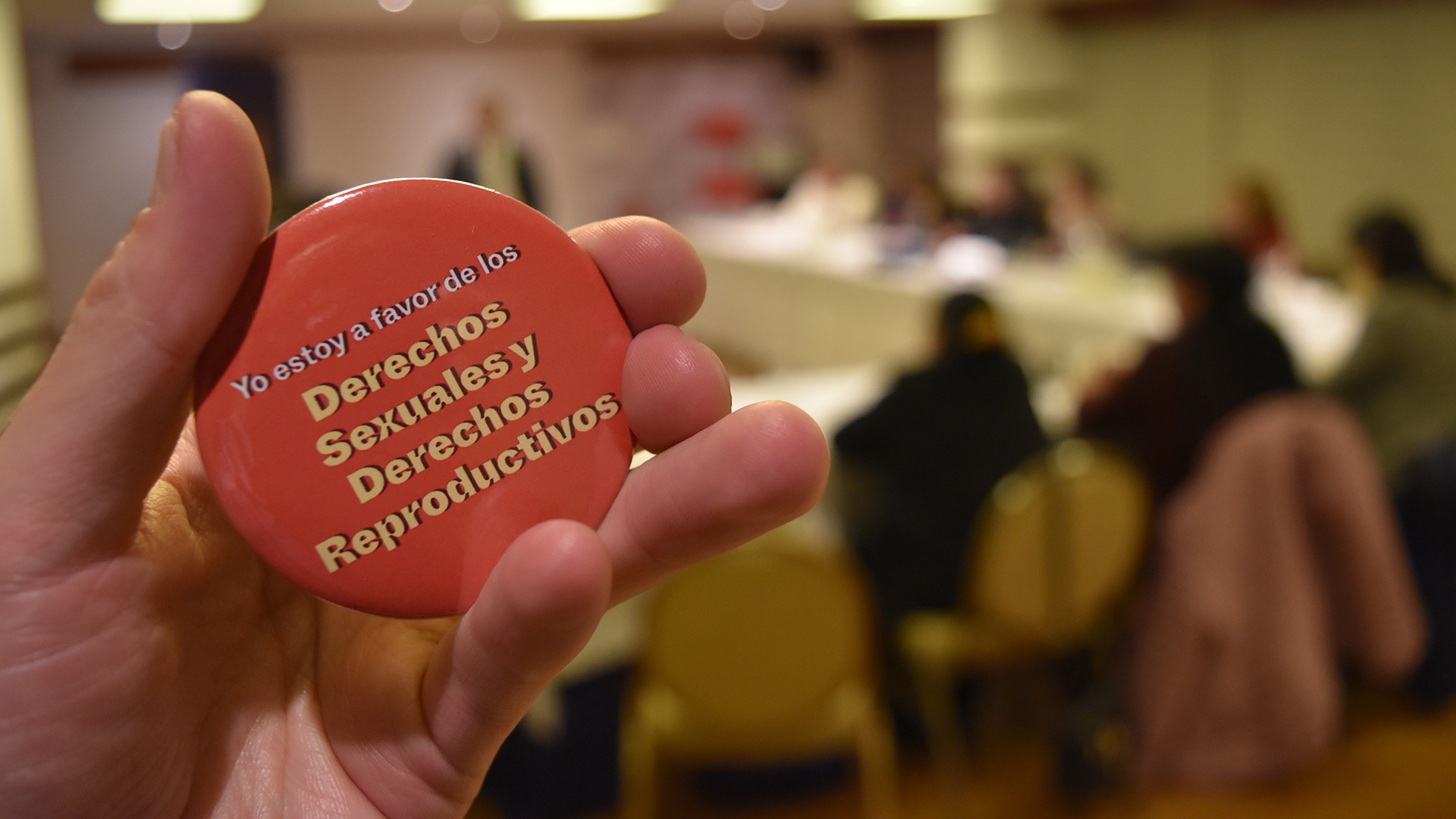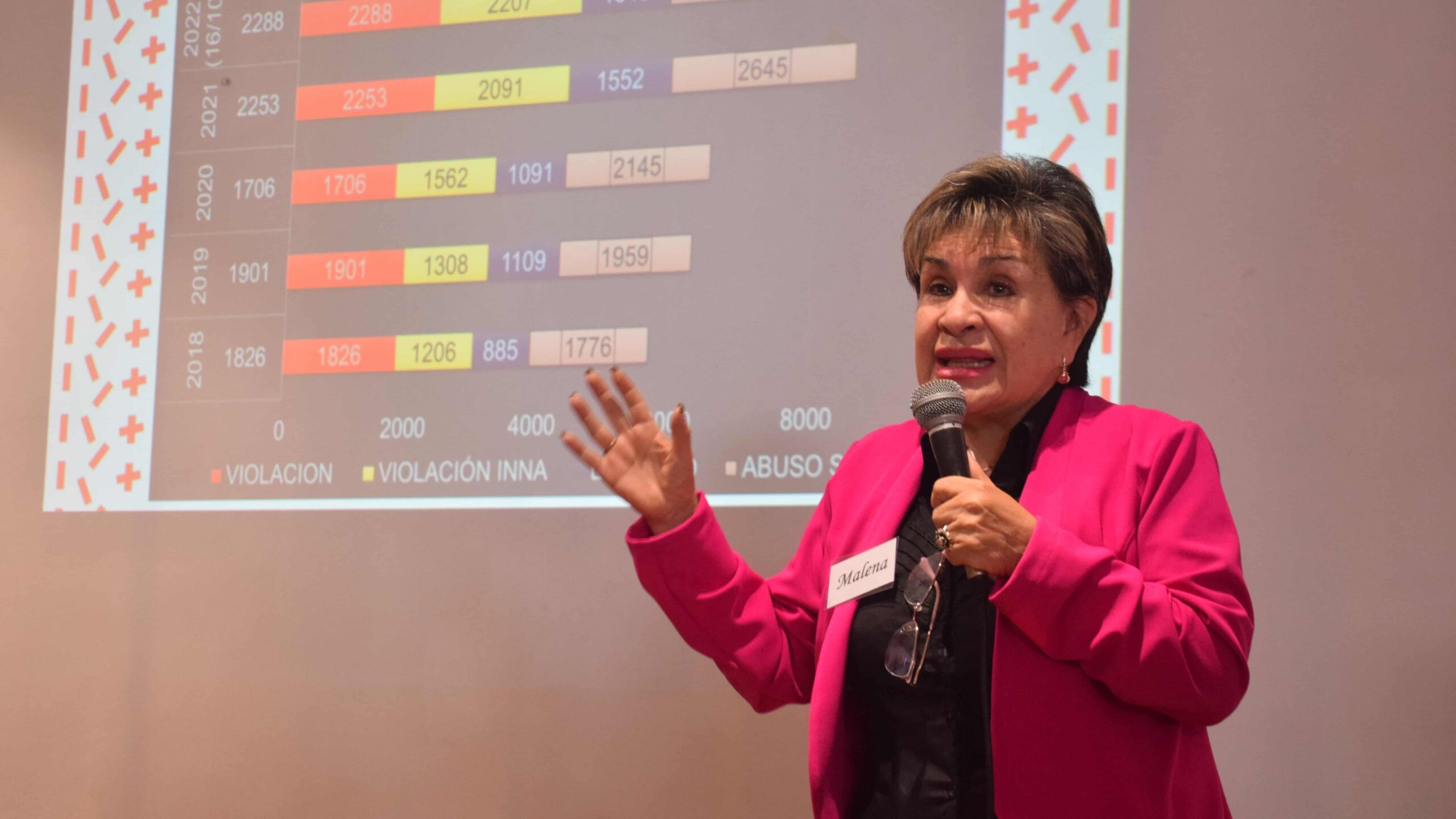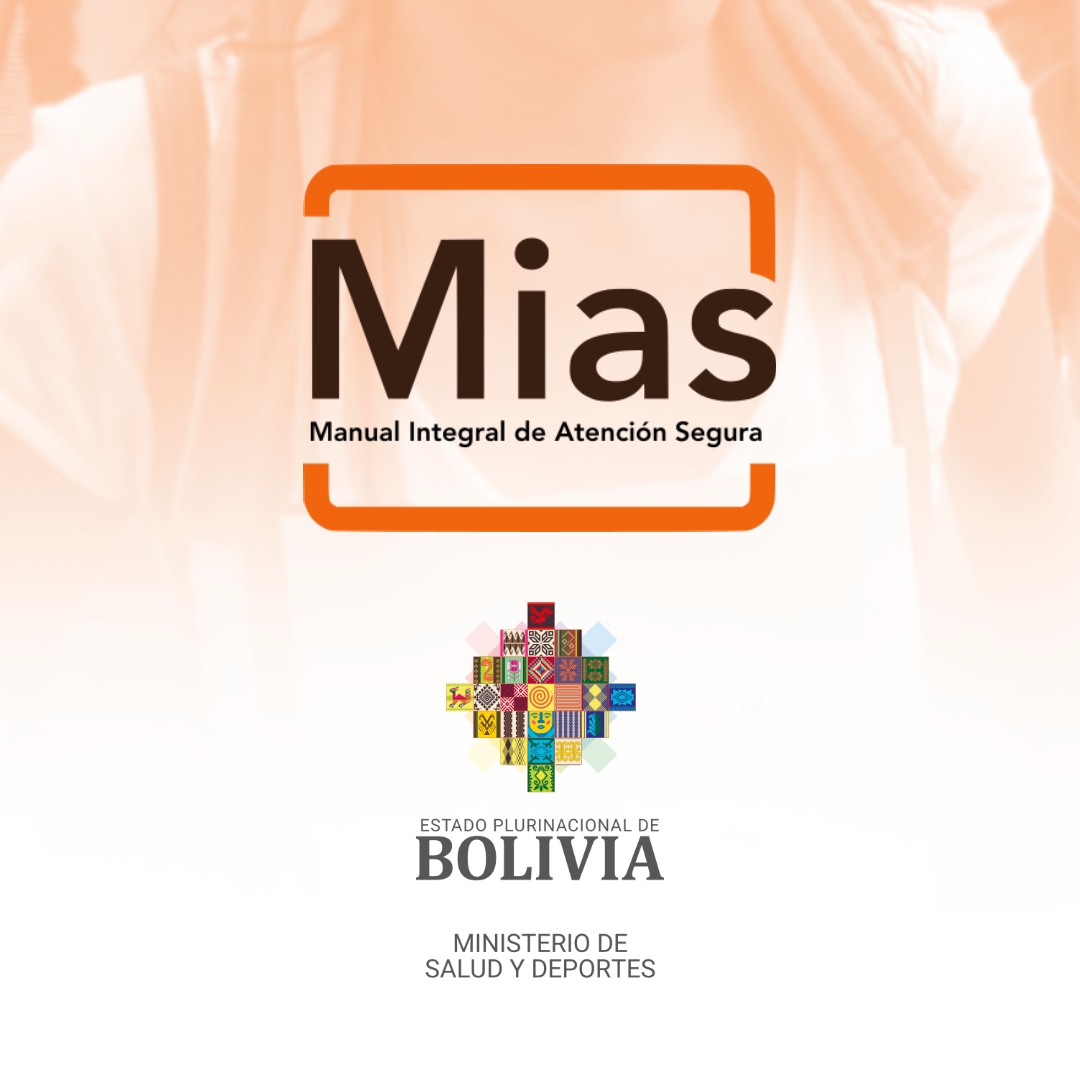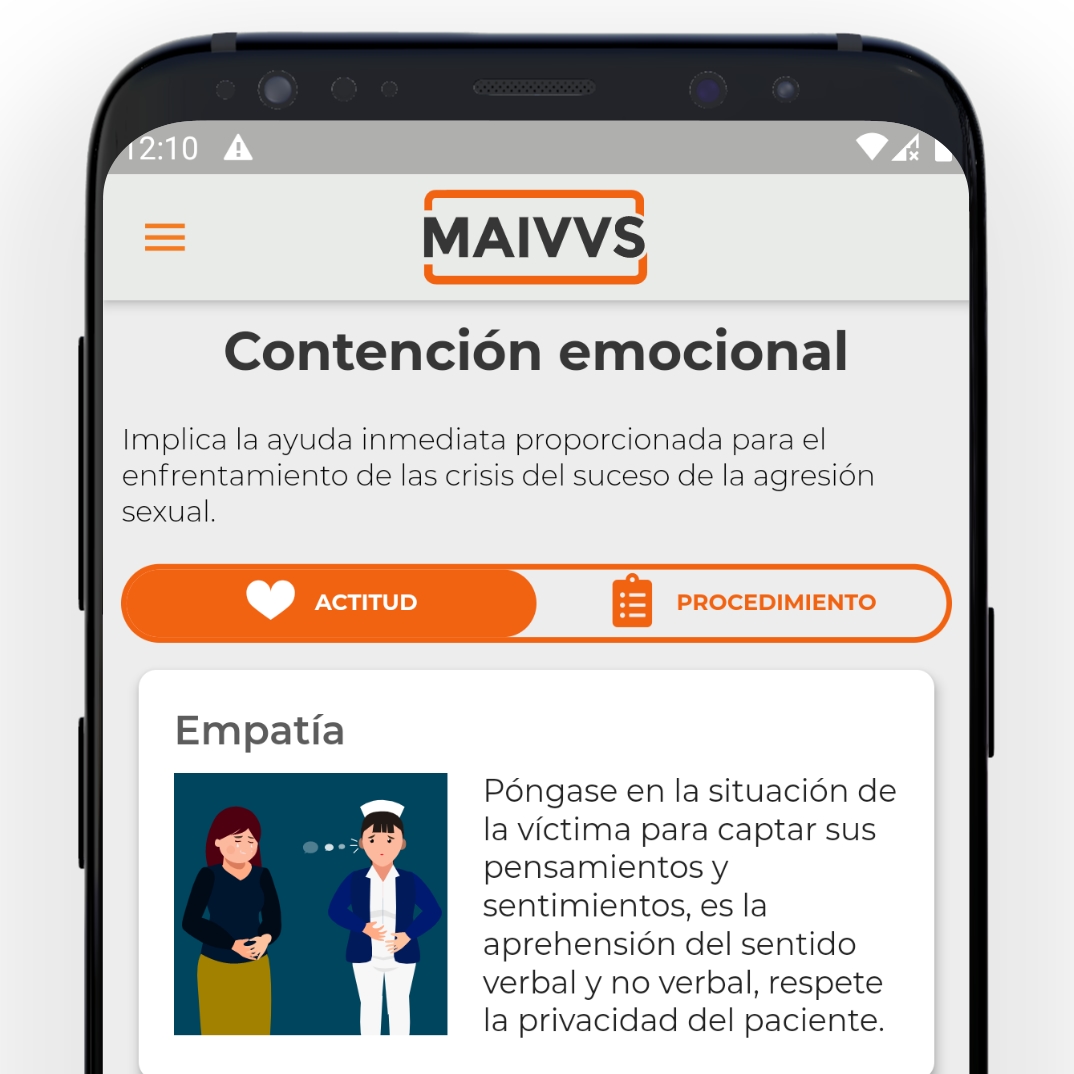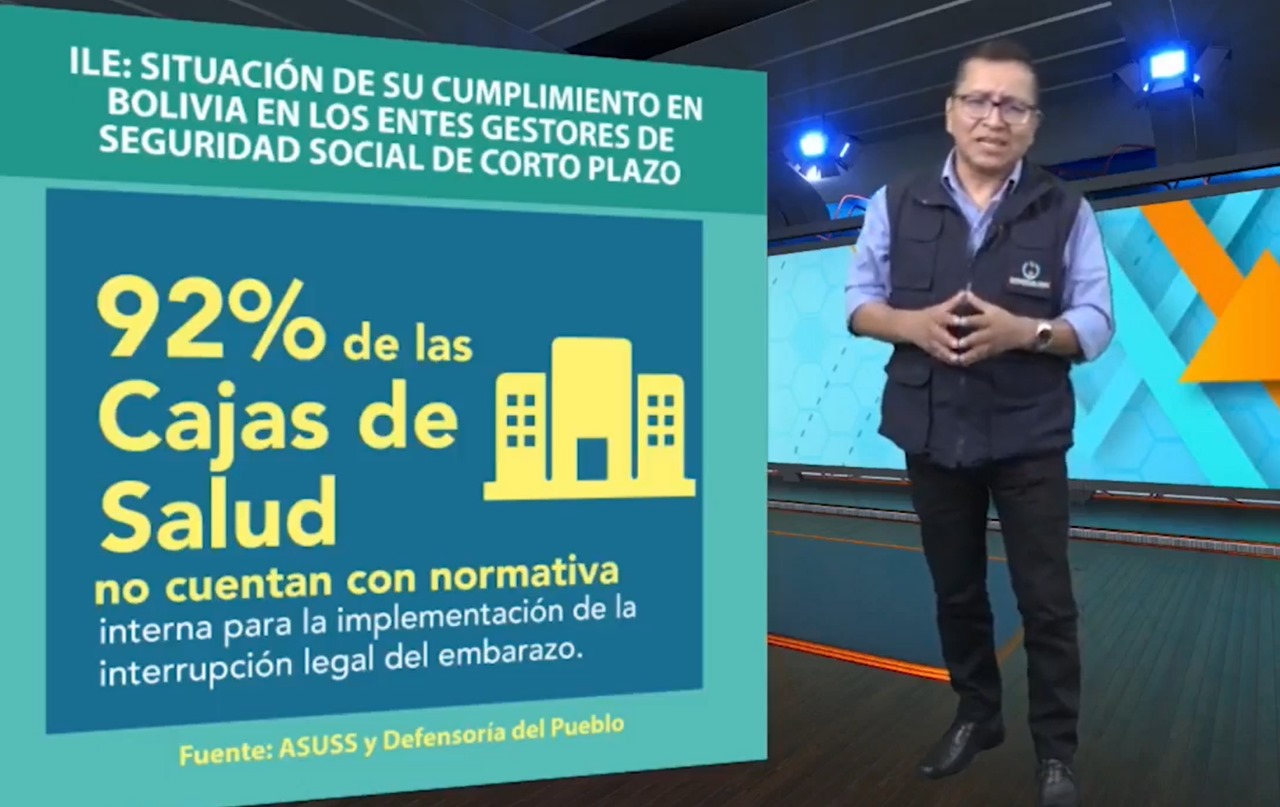La Paz, March 24 (UCOM/DPB).- The Ombudsman, Pedro Callisaya, said that the application of Constitutional Ruling 206/2014 regarding the Legal Termination of Pregnancy (ILE) in the Short Term Health Management Entities, “will not only allow us to provide a quality service but also to materialize the right that women have, particularly those who are victims of sexual assault.”
This statement by the Ombudsman comes within the framework of the program “The Ombudsman with the People”, which this week addressed the topic “ILE: Situation of its compliance in Bolivia in the short term social security management entities and violation of women’s rights”.
WATCH THE OMBUDSMAN WITH THE PEOPLE PROGRAM
Participating in the program from Mexico were Julieta Cobatech, an expert in sexual and reproductive rights, Melisa Bress, Technical Director of Health Services Oversight and Control – ASUS, and Rimac Zubieta, Head of Public Policies of IPAS – Bolivia.
The representative of IPAS-Bolivia, remarked the importance of Constitutional Ruling 206/2014, because “If there was a victim of rape, even if there was the will to terminate the pregnancy it could not be done because the decision was in the hands of the justice system”.
“The Constitutional Action eliminates these phases and allows victims to have access to termination of pregnancy with only a complaint and informed consent. The ruling marks a milestone in the advancement of sexual and reproductive rights,” said Zubieta, pointing out that it is necessary to have a law on sexual and reproductive rights.
Melisa Bress, Technical Director of Supervision and Control of Health Services – ASUS, pointed out that with regard to the Ruling that regulates the Legal Termination of Pregnancy, “we have tried to explore the scope of implementation in the health management entities in the short term”. She also pointed out that “we have the obligation to continuously update the protocols and regulations that are issued”.
In the balance of the program, the Ombudsman pointed out the different difficulties in the interpretation of the internal regulations in each of the managing entities, the need to clarify this situation to avoid cases such as the one that happened in the Hospital Obrero de Cochabamba with the refusal of the application of abortion to a 16-year-old girl, causing her to have to go to other instances to obtain medical assistance”.
READ THE “BEATRIZ” OMBUDSMAN REPORT
For the ombudsman authority, there is a need for the population to be informed of the connotations of this issue and of this work of ombudsman information, “which precisely performs an evaluation about the process of practical implementation of this constitutional sentence 206/2014”.
For Callisaya, “it is the co-responsibility of the authorities who are obliged to materialize the right of women to have access to abortion, but there is also the need for the population itself to be informed of the parameters of this Constitutional Ruling”.

